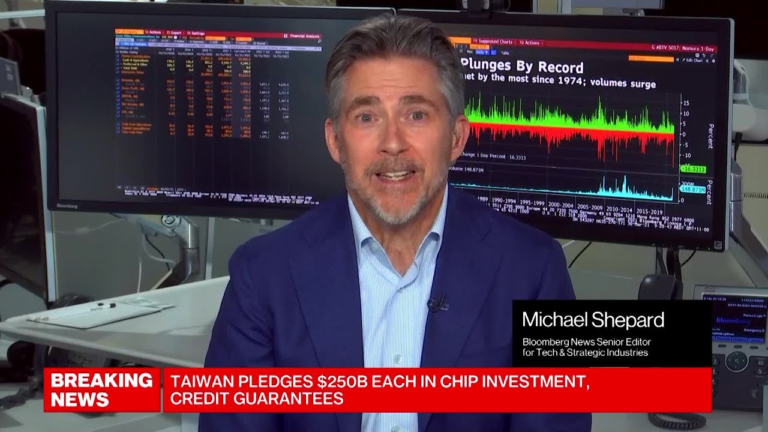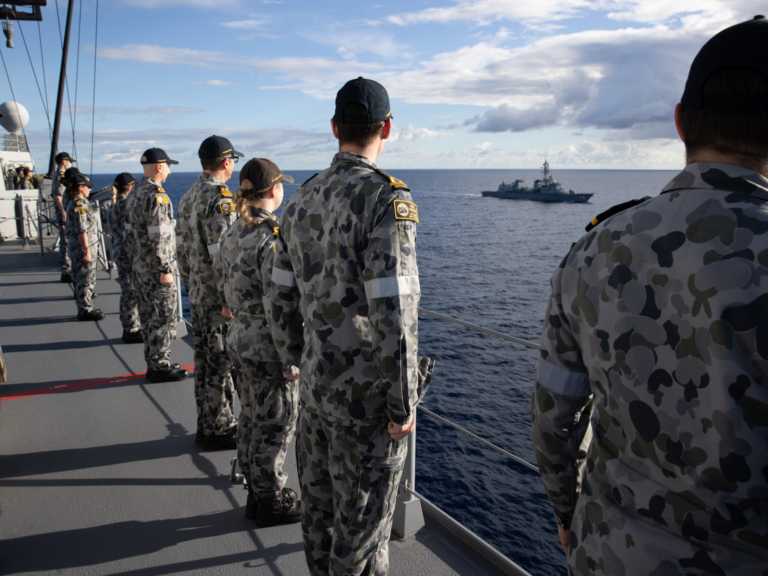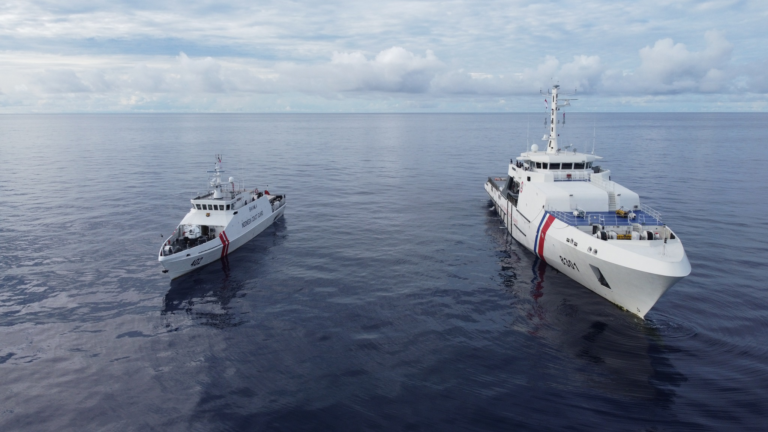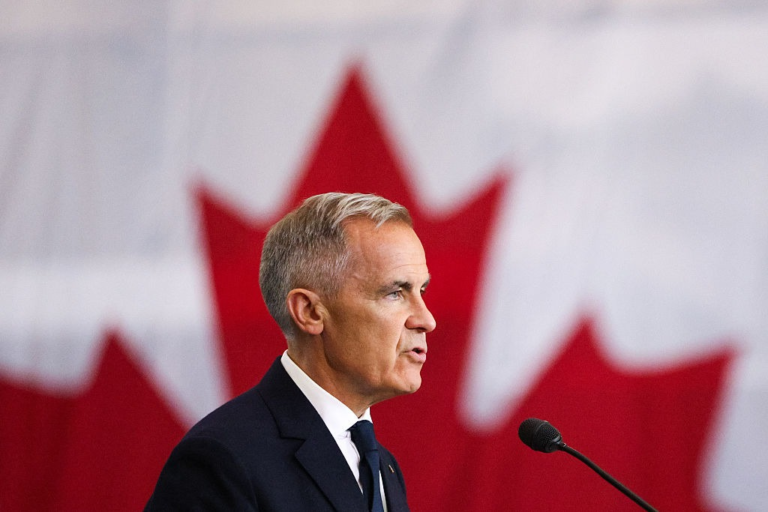
The Seoul Defense Dialogue drew about 1,000 participants to the Republic of Korea (ROK) in early September 2025 amid regional security risks from North Korea’s illegal nuclear and ballistic missile programs. The annual event, which began in 2012, attracted diplomats, military leaders and defense experts from 68 countries for the three-day forum with the theme “Overcoming geopolitical challenges: Building peace through cooperation.”
ROK Defense Minister Ahn Gyu-back told attendees that Seoul will pursue a two-track approach of strong deterrence while attempting to revive talks with North Korea by building cross-border trust. Those attempts include the ROK’s June 2025 decision to switch off loudspeakers that were broadcasting news and other information into North Korea. Seoul also asked activists to cease sending across the border balloons carrying leaflets critical of North Korea and its dictator, Kim Jong Un.
Concerns over North Korea have increased since the regime in 2023 began sending weapons and thousands of troops to aid Russia’s war with Ukraine. In return, Russia is believed to have provided Pyongyang with money, oil and technological assistance for its nuclear weapons program, a violation of multiple long-standing United Nations Security Council resolutions that prohibit North Korea’s weapons development.
Also at the defense dialogue, Philippine Defense Secretary Gilberto Teodoro Jr. said the ROK and other nations should band together as they did during the Korean War in the 1950s to resist China’s “creeping occupation” of the Indo-Pacific, according to news reports.
“The freedoms that we enjoy today came at a cost and must not be taken for granted,” he said, calling on countries to “once again stand together as we did 75 years ago to defend peace, stability and prosperity in our region. The choices we make, together or apart, will determine whether our future is defined by greater instability or a renewed sense of order and security.”

On the event’s sidelines, Teodoro and Ahn discussed bilateral collaboration on logistics, technology exchanges and defense industry cooperation, according to the Philippine Defense Department.
Teodoro also met with Japanese Defense Minister Gen Nakatani, with both emphasizing maritime cooperation. They also lauded the nations’ reciprocal access agreement that took effect in September 2025, according to the Philippine Defense Department. The deal facilitates greater military cooperation by streamlining procedures for deploying forces to each other’s country for training and disaster response.
Italian Navy Adm. Giuseppe Cavo Dragone, chair of NATO’s military committee, emphasized cooperation. “NATO’s approach is more determined than ever towards the relevance of partnering by choice, to pursue and preserve common values,” he said, stressing that “there shall be no doubt: what happens in the Indo-Pacific echoes in the Euro-Atlantic, and vice versa.”
U.S. Army Gen. Xavier Brunson, commander of U.N. Command, Combined Forces Command and U.S. Forces Korea, met with defense leaders from Australia, Canada and Japan to strengthen cooperation and advance a shared commitment to a free, open and prosperous Indo-Pacific. The defense dialogue coincided with the 75th anniversary of the U.N. Command defending peace and security on the Korean Peninsula.
“This is more than a commemoration of history, it is a moment to reaffirm our shared commitment to peace, to security and to cooperation in one of the world’s most consequential regions,” Brunson said. “To all those who believe in peace: The United Nations Command stands ready under one flag today, tomorrow and for our future.”





